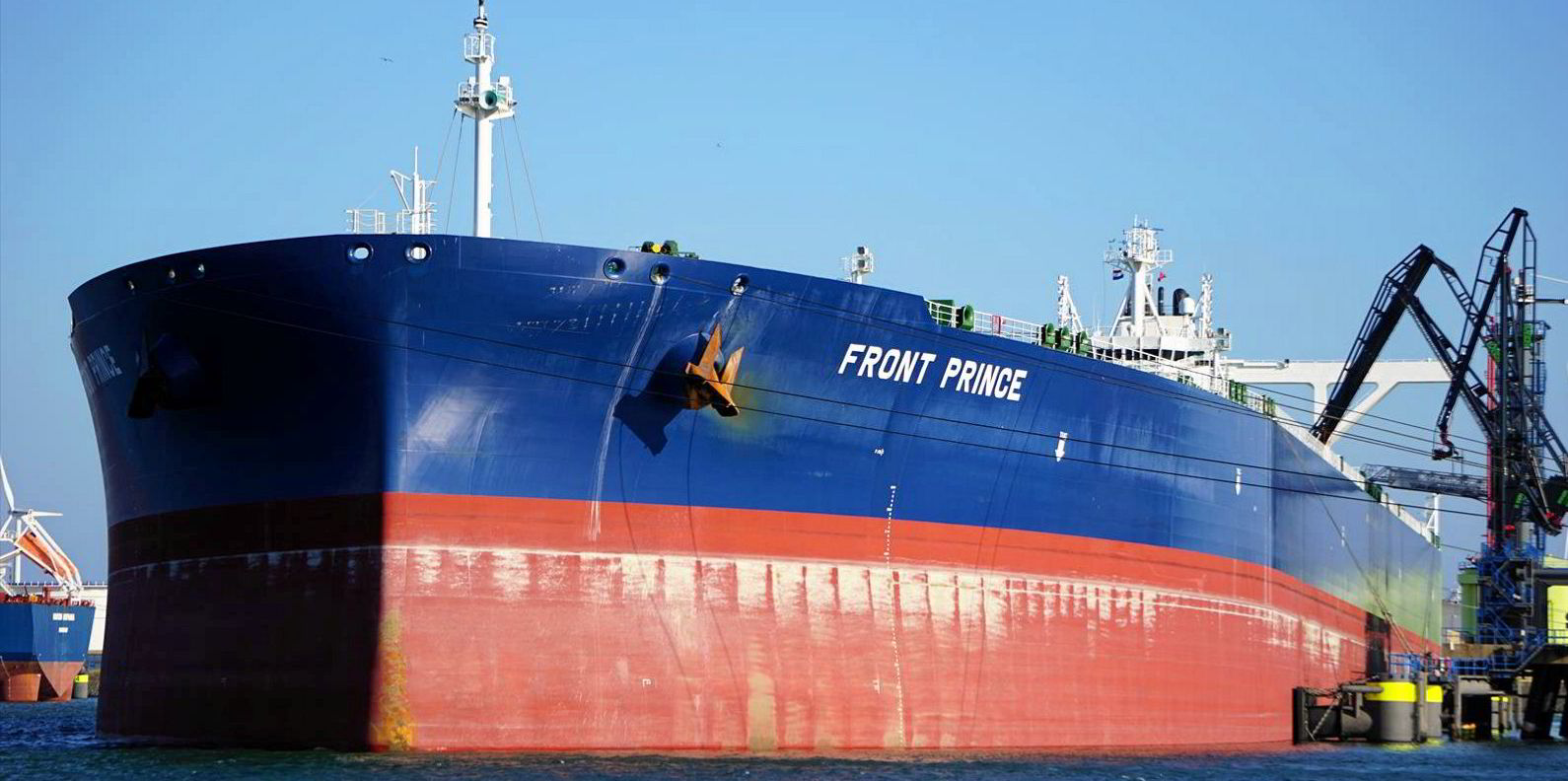For mainstream tanker owners, the market is now highly distorted: asset prices — especially for old tonnage — are resilient while freight rates are low.
Old, large secondhand crude tankers have been sold at prices significantly above their scrap values, as they are the preferred tonnage for operators involved in Iranian or Venezuelan trades. This is despite their spot earnings being less than operating expenses in the non-sanctioned market.
“There is a disconnection between current recycling prices and what can be achieved selling vintage tonnage to undisclosed interests, telling a tale of how lucrative the potential sanctions-breaking business may be,” Frontline Management interim chief executive Lars Barstad told TradeWinds.

“As law-abiding owners … it does feel a bit demoting to see how this business seemingly is allowed to carry on.”
Less competition
Some analysts believe most mainstream tanker owners actually face less competition as some ships are allocated to sanctioned business, but the overall size of ordinary trades is now smaller, with some importers — such as China — meeting parts of their demand with Iranian or Venezuelan oil.
Henry Curra, Braemar ACM’s global head of research, suggested the net impact could be hard to gauge, as vessels in sanctioned markets tend to be used less than those in non-sanctioned trades.
“Generally, we find old ships working in those trades are not very efficiently used," Curra said. "They're almost doing a third of what a modern tanker could do.”
But the analyst said a greater concern is that sanctions-induced trading opportunities could delay scrapping of aged ships, thus prolonging tonnage oversupply.
“If there is crude moving on the vessels that would have otherwise been scrapped, that’s clearly bearish for the [freight] market,” he said.
Another analyst added that if the industry is looked at as a whole, ordinary owners suffering from weak earnings are compensated by high asset prices.
“The owners doing these [sanctioned] trades are getting higher freights, and the owners selling vessels to them are getting higher vessel prices than otherwise would be the case,” he said on condition of anonymity.
“I don’t think anybody in shipping loses from this, but some are earning more than they ought to.”





